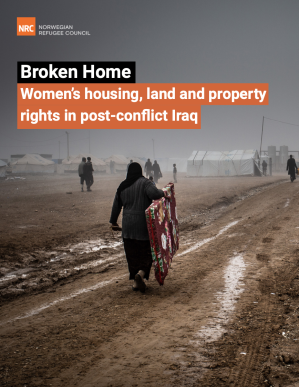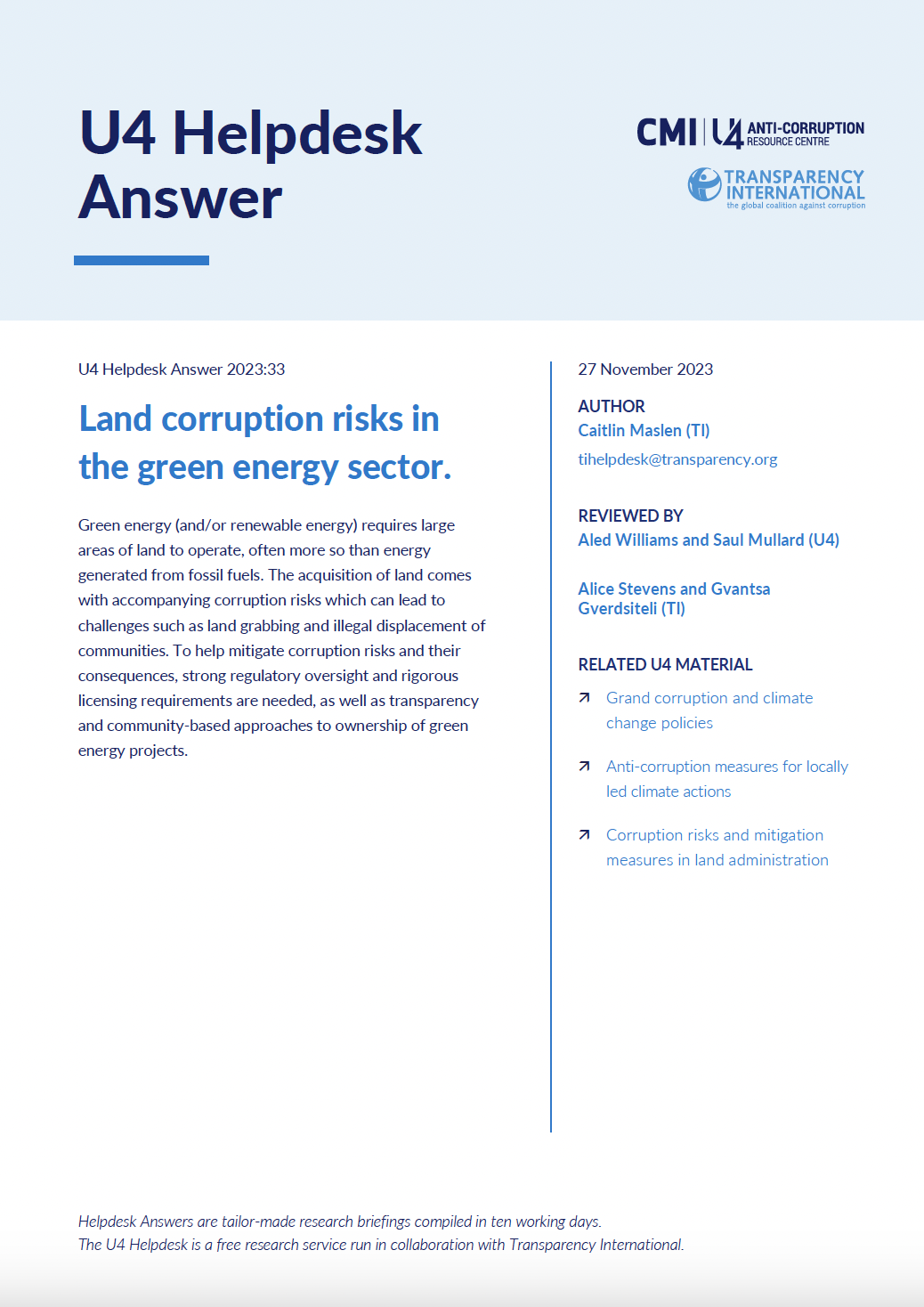Broken Home: Women's housing, land and property rights in post-conflict Iraq
Hundreds of thousands of Iraqi women displaced by war remain unable to return to their homes because of systemic injustices that prevent them from proving or claiming ownership of their property.
New research by the Norwegian Refugee Council reveals that displaced women in Iraq are much worse off than men: they are 11 per cent more likely to face barriers impeding them from going back home after years of suffering in displacement camps since the end of the war against Islamic State group in their areas of origin.







